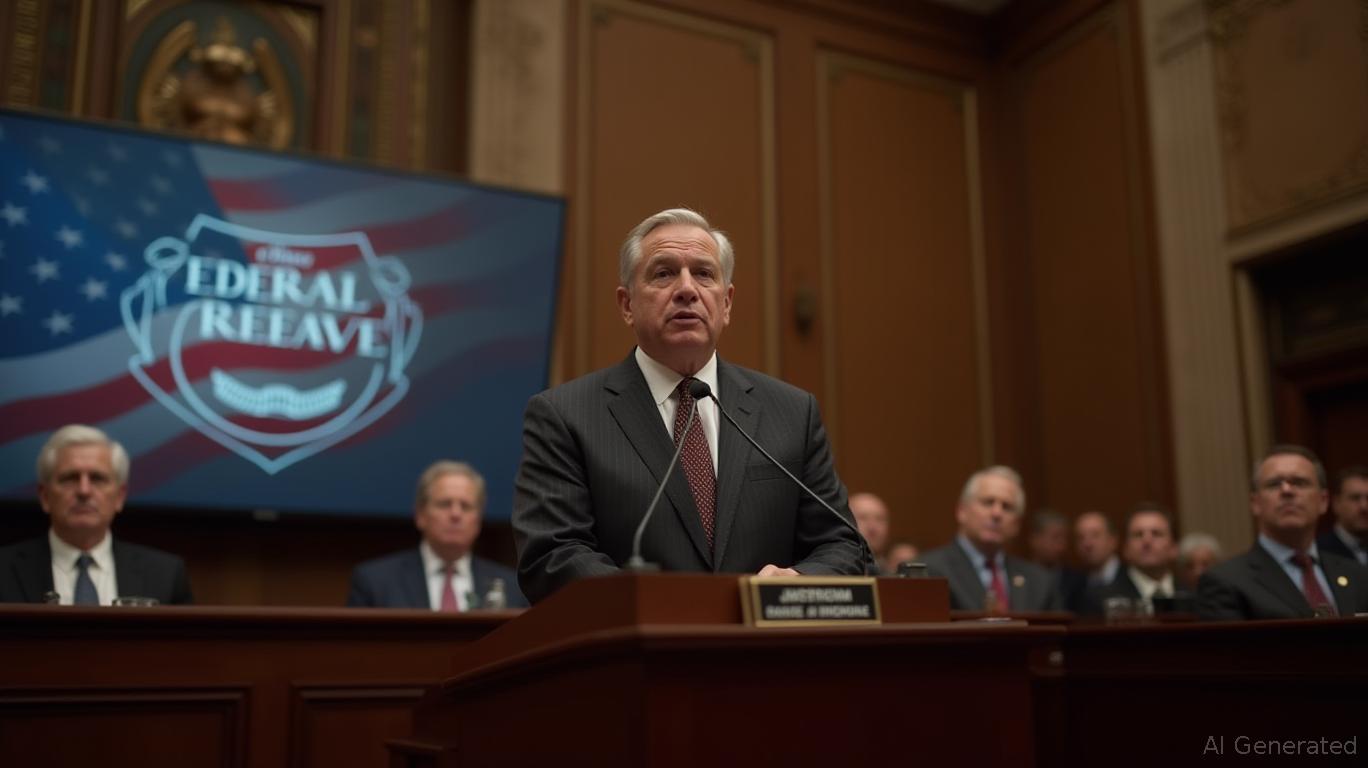Fed integrates crypto banking oversight into standard regulatory processes, ends additional scrutiny
The Federal Reserve (Fed) announced it will shut down its program with additional scrutiny over crypto and fintech activities.
On an August 15 statement, the central bank said it will sunset the Novel Activities Supervision Program and return to monitoring banks’ crypto and fintech activities through standard supervisory processes.
The Fed established the specialized program in August 2023 to enhance oversight of banking organizations engaging in crypto activities, distributed ledger technology projects, and complex technology partnerships with non-banks.
The program targeted activities that regulators deemed novel and potentially risky to financial stability.
The Fed stated:
“Since the Board started its program to supervise certain crypto and fintech activities in banks, the Board has strengthened its understanding of those activities, related risks, and bank risk management practices.”
The regulator will integrate knowledge gained from the program into standard supervisory processes while rescinding the 2023 supervisory letter that created the initiative.
The program’s dissolution follows several pro-cryptocurrency moves by federal regulators this year.
The Federal Reserve Board removed reputational risk from its bank supervision program on June 23, ordering staff to strike the term from examination manuals and concentrate on measurable financial exposures.
The Fed’s move positions the central bank alongside the Federal Deposit Insurance Corporation and the Office of the Comptroller of the Currency, which made similar changes this year.
The coordinated revisions eliminate a subjective standard that experts said allowed examiners to block banking services to crypto firms and prevented banks from offering basic crypto-related services.
Furthermore, the Office of the Comptroller of the Currency, the Federal Reserve Board, and the Federal Deposit Insurance Corporation released a joint statement explaining how existing banking rules apply when institutions custody crypto for customers.
The guidance describes safekeeping as holding digital assets on clients’ behalf while stressing that it does not create new supervisory demands.
Regulators instructed boards and executives to view crypto custody as a service that relies on exclusive control of private keys and other sensitive data, requiring banks to prove no other party can unilaterally move assets once they enter custody.
Fed Chair Jerome Powell laid the groundwork for the regulatory shift in an April 16 speech. In it, he urged Congress to establish a stablecoin framework and stated that the Fed does not intend to limit lawful relationships between banks and crypto firms.
Powell acknowledged that regulators adopted a conservative stance after the 2022 market failures but indicated that some guidance may be relaxed to accommodate responsible innovation.
The program’s end represents a broader normalization of crypto banking supervision as regulators gain confidence in their understanding of digital asset risks and develop clearer frameworks for institutional participation in crypto markets.
The post Fed integrates crypto banking oversight into standard regulatory processes, ends additional scrutiny appeared first on CryptoSlate.
Disclaimer: The content of this article solely reflects the author's opinion and does not represent the platform in any capacity. This article is not intended to serve as a reference for making investment decisions.
You may also like
Hillenbrand's Strategic Discipline: A Blueprint for Dividend Stability in Industrial Manufacturing
- Hillenbrand, Inc. maintains a 4.11% dividend yield in industrials, double the sector average, via disciplined cash flow management and 15.65% payout ratio. - Despite 49% stock price drop and 2024 net loss, $191M operating cash flow and $799M liquidity sustain dividends amid debt reduction priorities. - 2025 guidance projects 25.51% payout ratio, relying on earnings recovery, while 14-year dividend growth streak and institutional backing reinforce long-term stability. - Strategic focus on cash generation

The Fed's Independence Hangs in the Balance as Trump Seeks a New Leader
- Trump’s administration evaluates 11 candidates for Fed chair as Powell’s term ends in May 2026. - Chris Waller (27% PolyMarket odds) and Kevin Warsh emerge as top contenders with market expertise. - Trump’s attempt to remove Fed Governor Lisa Cook sparks legal battles and independence concerns. - Political influence risks Fed’s independence, potentially destabilizing U.S. monetary policy and global economy.

Meme Coin Showdown: Trump's ETF Bid vs. Arctic Pablo's Rocket Fuel
- U.S. crypto market sees surge in Official Trump Coin (TRUMP) and Arctic Pablo Coin (APC), driven by speculative hype and aggressive strategies. - TRUMP, a Solana-based meme token, nears ETF filing with $8.84 price and 40.83% annual gain, while APC’s $3.65M presale targets 769.56% ROI post-listing. - Both projects highlight meme coin momentum but face risks: TRUMP’s low SEC clarity and APC’s reliance on community-driven growth raise sustainability concerns for investors.

Polkadot News Today: Paraguay Embarks on Blockchain-Driven Real Estate Revolution
- Polkadot partners with Paraguay to tokenize Assuncion Innovation Valley (AIV) via BuB blockchain platform, leveraging Moonbeam and Polkadot networks. - AIV will issue 130,000 compliant share tokens with dividend rights and voting privileges, automating profit distribution through smart contracts from year three. - Project includes hotel, university, and data center, with phased token sales prioritizing existing investors and planned 2028 major issuance. - Initiative highlights real-world asset tokenizati

